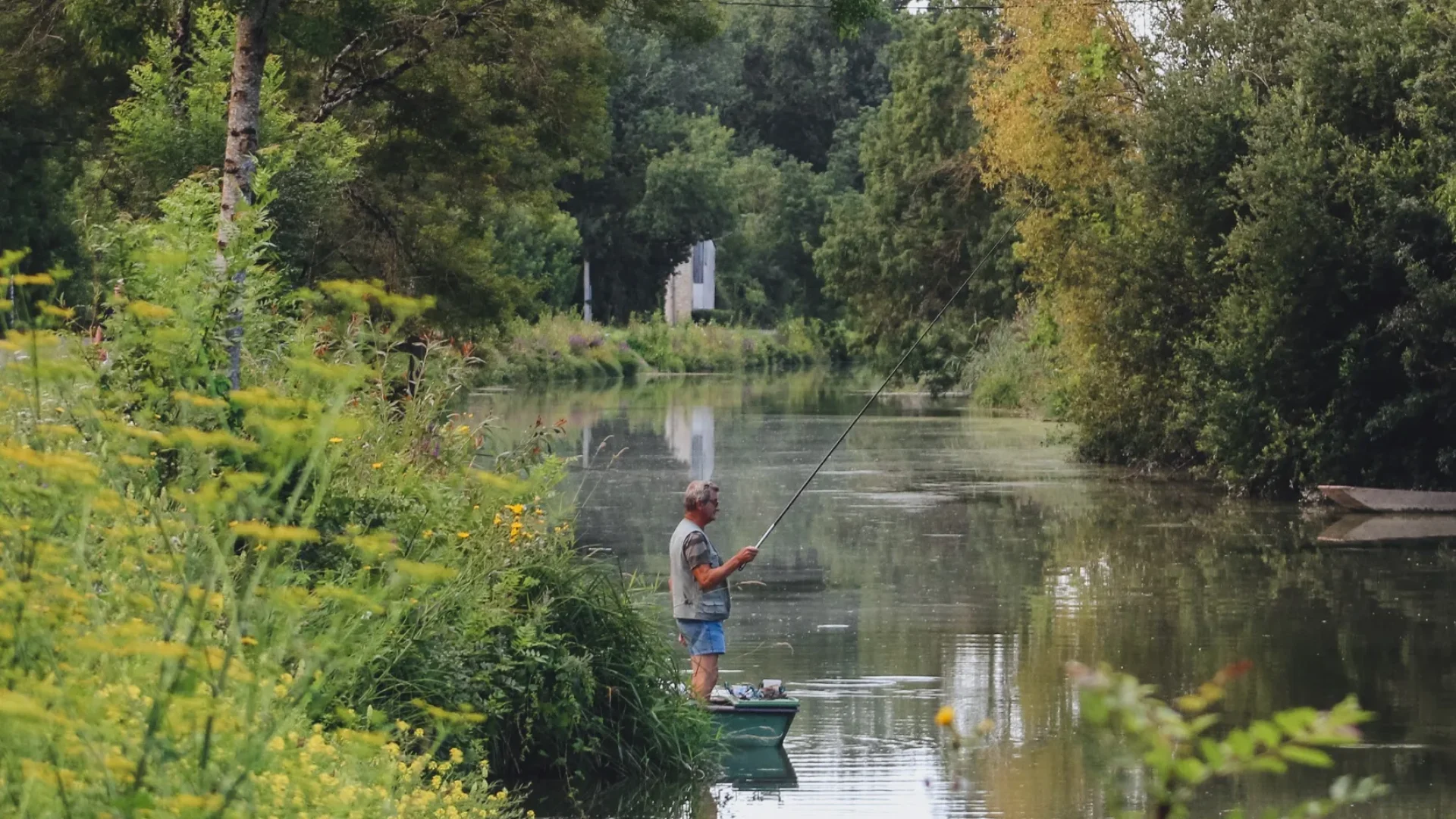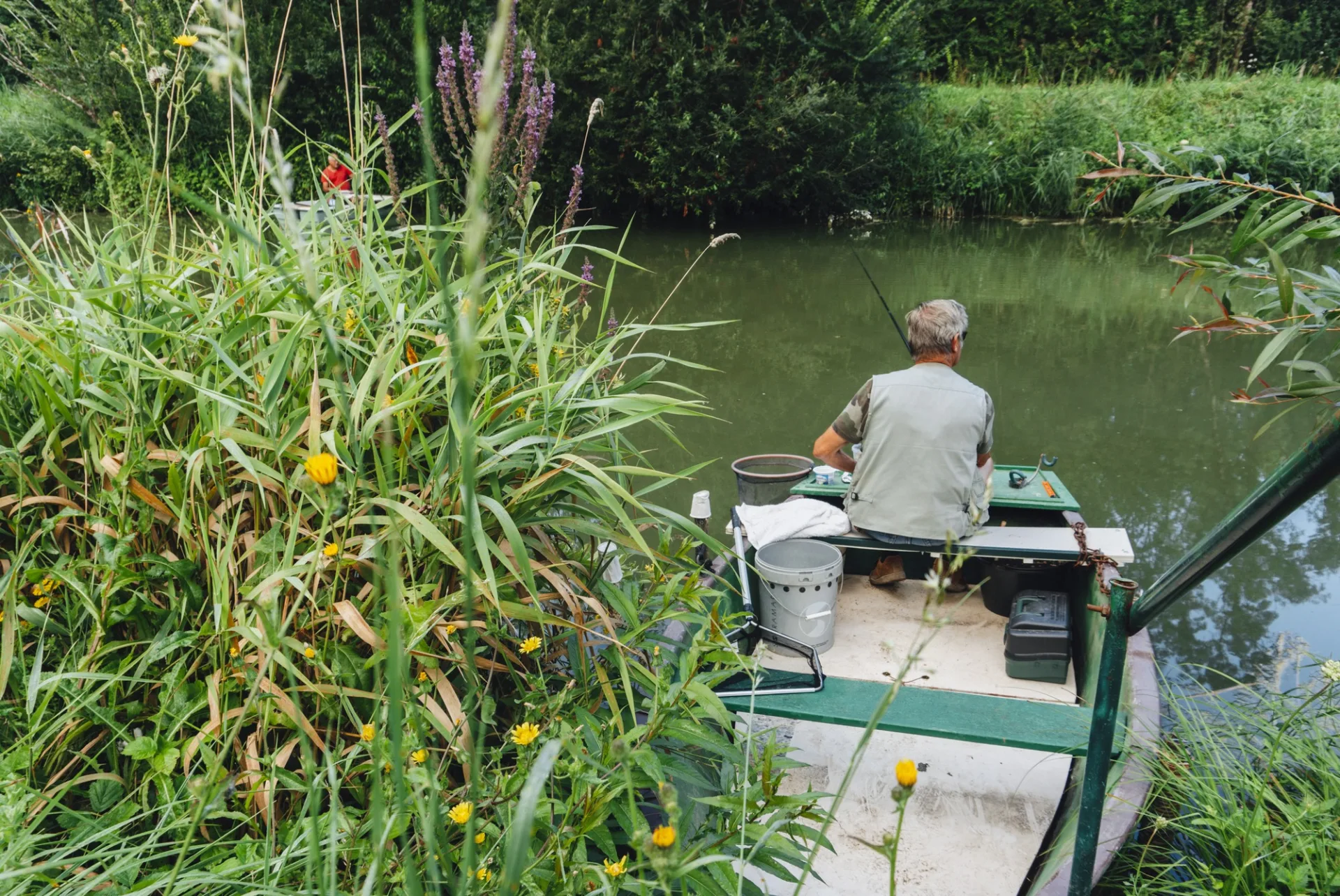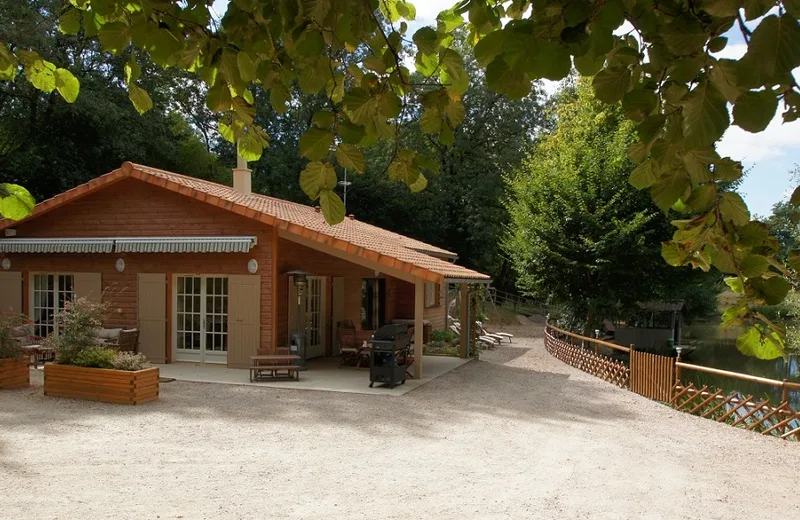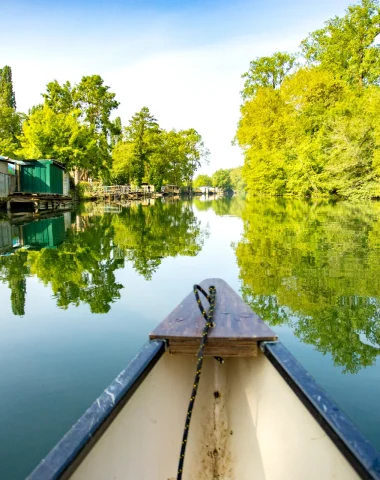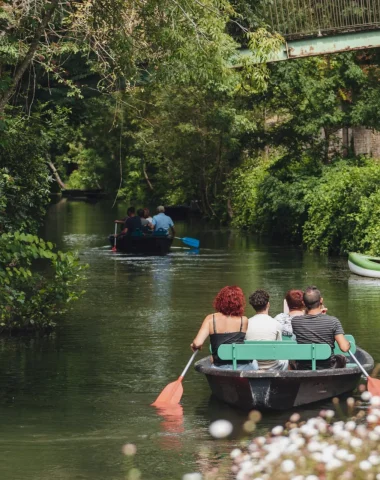Le Marais Poitevin et la Sèvre niortaise constituent un paradis pour les pêcheurs amateurs ou confirmés. Le long des conches ou de la Sèvre Niortaise, vous pourrez taquiner les espèces de cette grande zone humide. C’est aussi l’occasion de découvrir les techniques de pêche traditionnelles propres aux zones de marais. La qualité des eaux très poissonneuses est reconnue par les organisateurs de concours de pêche de très haut niveau.
Quelles espèces de poissons peut-on pêcher dans le Marais poitevin ?
Les poissons blancs
- Gardons
- Brèmes
- L’ablette
- Goujon
- Tanches
- Carpes
Les carnassiers
- Brochets
- Sandres
- Perches
- Black-bass
- Silures
L’anguille
L’anguille ressemble à un serpent mais c’est pourtant bel et bien un poisson dont la chair est comestible et très goûteuse. C’est une espèce de poissons appartenant à la famille des Anguillidés. La population de l’anguille diminue en Europe depuis plusieurs années. D’ailleurs, des règles très strictes ont été mises en place depuis plusieurs années pour la conservation de l’espèce avec par exemple l’interdiction de pêcher des civelles (le bébé anguille). C’est un mets très recherché et extrêmement cher souvent sujet au braconnage. Le Parc du Marais Poitevin a mis en place le programme « Poissons Migrateurs » afin de conserver cette espèce emblématique. Pêcher l’anguille est donc possible mais sous réserve de respecter plusieurs règles que vous pourrez retrouver sur le site internet www.peche-en-deux-sevres.com.
Les écrevisses
La pêche des écrevisses américaines dans le Marais Poitevin est une activité qui peut être pratiquée, mais qui est réglementée. En effet, l’écrevisse américaine, également appelée écrevisse de Louisiane, est une espèce invasive qui a été introduite en Europe dans les années 1960. Cette espèce a des conséquences néfastes sur l’écosystème, car elle peut causer des dégâts importants aux berges et aux plantes aquatiques, ainsi qu’à la faune locale.
Cependant, il est possible de pêcher les écrevisses américaines dans le Marais Poitevin, mais sous certaines conditions. Les écrevisses pêchées doivent être immédiatement détruites, car il est interdit de les relâcher dans la nature. Renseignez-vous sur la pêche à l’écrevisse en cliquant ici.
Les différents types de pêche
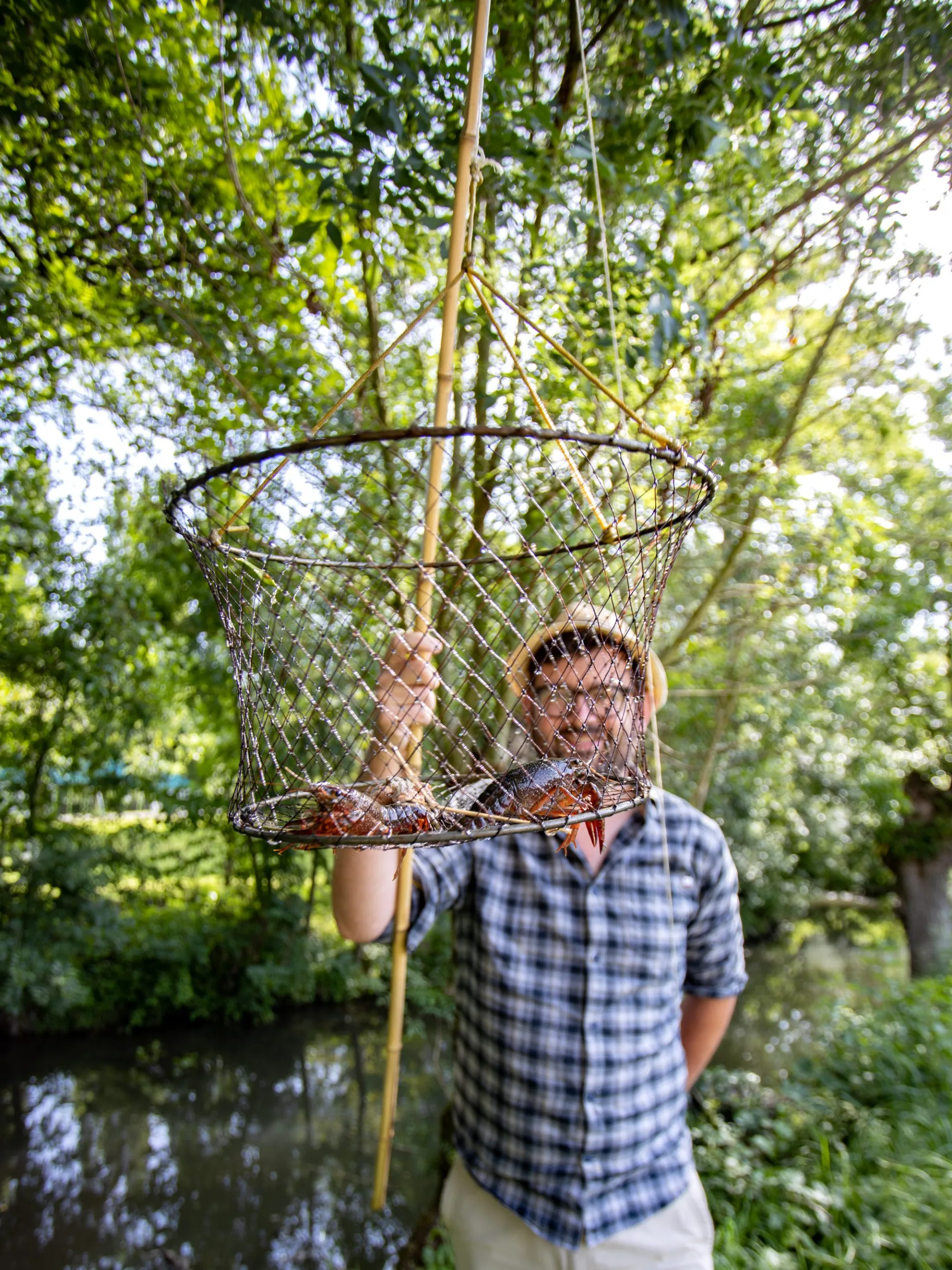
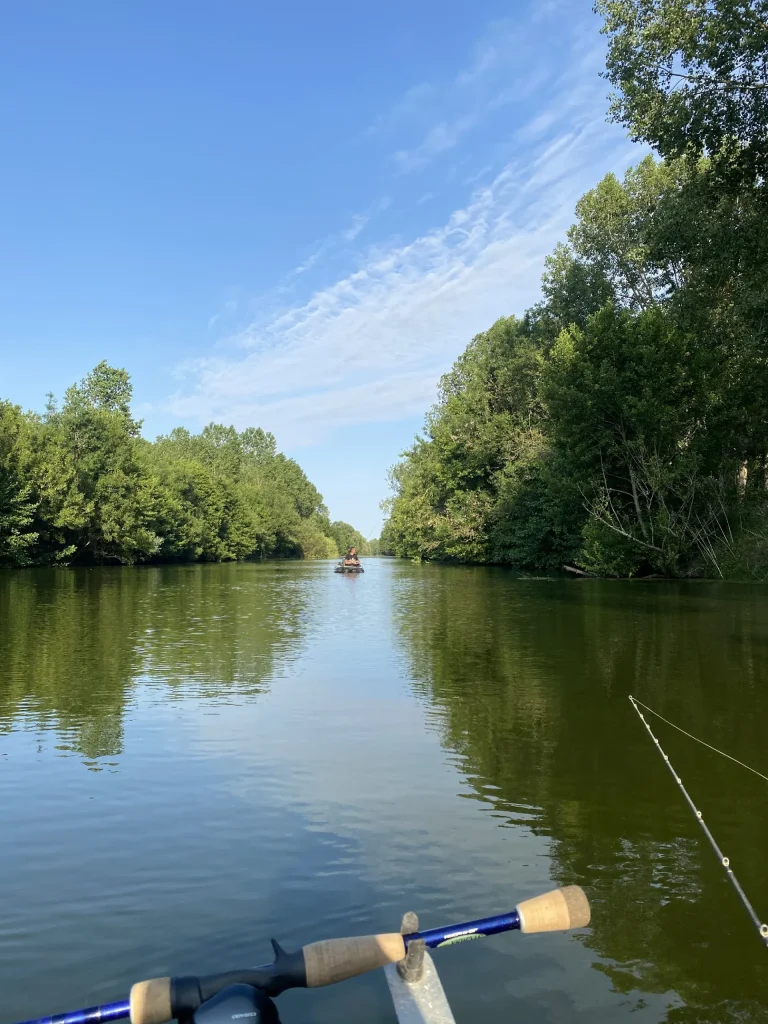
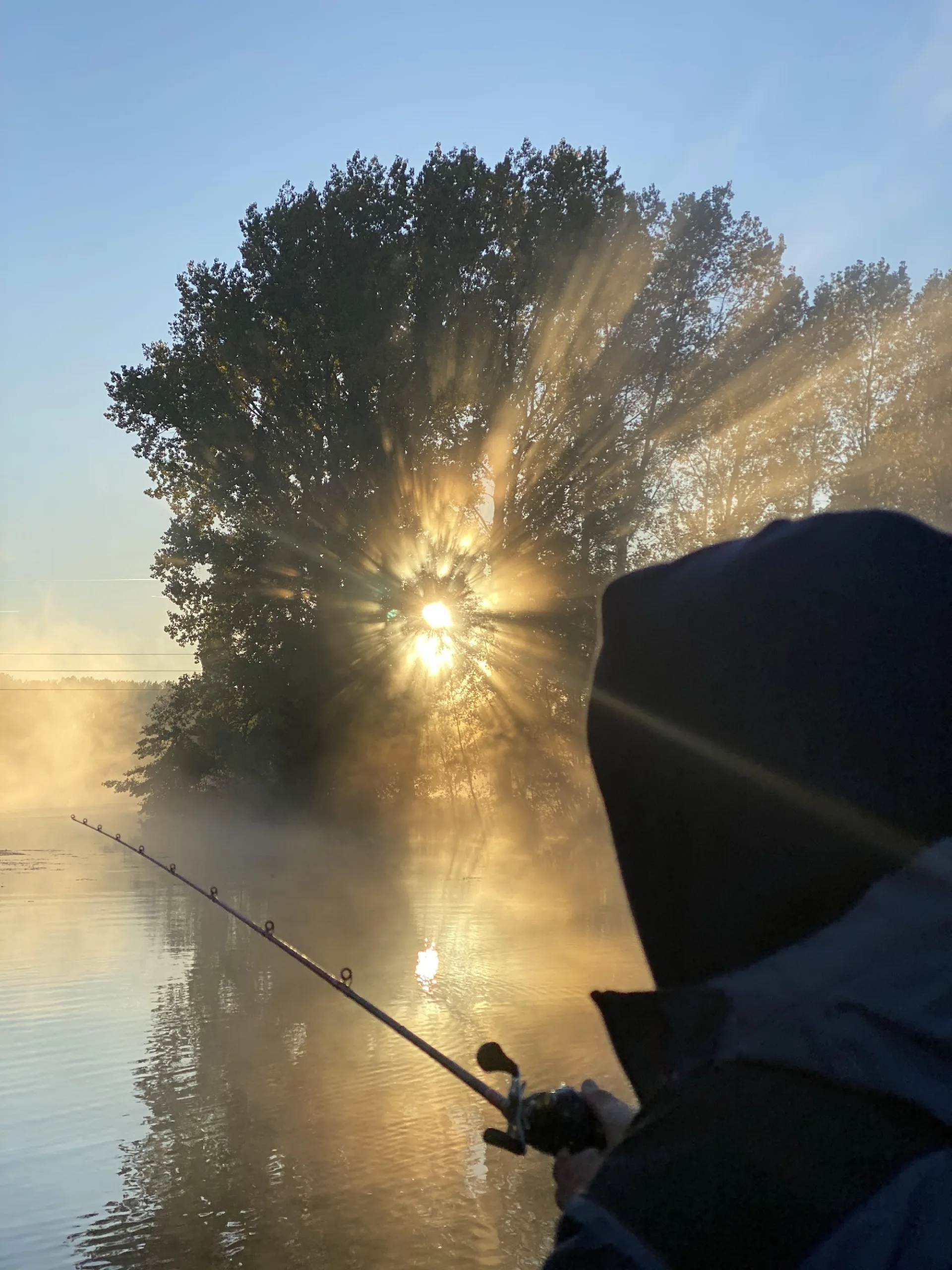
La pêche à la balance
On trouve dans nos cours d’eau des crustacés d’eau douce dont l’écrevisse. Elle se pêche à la balance, sorte d’épuisette à grosses mailles, dans laquelle on met un appât, puis on dépose cette dernière au fond de l’eau ; il suffit alors d’être patient…
La pêche au leurre
La pêche au leurre est une technique de pêche où un leurre artificiel est utilisé pour imiter le comportement d’une proie et attirer les poissons. Cette méthode est populaire pour la pêche au carnassier tels que le brochet, le black bass et le sandre. Les leurres peuvent être de différentes formes, tailles et couleurs.
La pêche au coup
La pêche au coup est une technique de pêche statique où un appât est placé sur un hameçon fixé à une ligne. La ligne est souvent attachée à un flotteur pour aider à détecter les touches. Cette méthode est couramment utilisée pour pêcher des poissons blancs tels que les gardons, les tanches et les brèmes.
La pêche à la mouche
La pêche à la mouche est une technique de pêche qui utilise une mouche artificielle pour imiter les insectes que les poissons mangent. Elle est populaire pour la pêche à la truite et au saumon. Les mouches peuvent être de différentes tailles, formes et couleurs, et sont souvent fabriquées à la main. Cette pêche est un vrai spectacle à contempler car le pêcheur réalise des mouvements continus d’avant en arrière avec sa canne à l’inverse des autres méthodes de pêche où la discrétion est le maître mot.
La pêche à la vermée
Des vers de terre enroulés autour d’un fil de coton pour créer un appât dont les anguilles sont friandes. Le pêcheur plonge sa ligne au fond de l’eau et guette l’anguille qui ne résistera pas à cette gourmandise !
Cette pêche typique du Marais Poitevin se pratiquait à la tombée de la nuit. Depuis le plan de gestion instauré par l’Europe en 2007 pour sauvegarder l’espèce, la pêche de nuit n’est plus permise. Néanmoins, la pratique de la vermée peut encore se faire pendant les horaires de pêche autorisés.
Quelques idées de spot de pêche
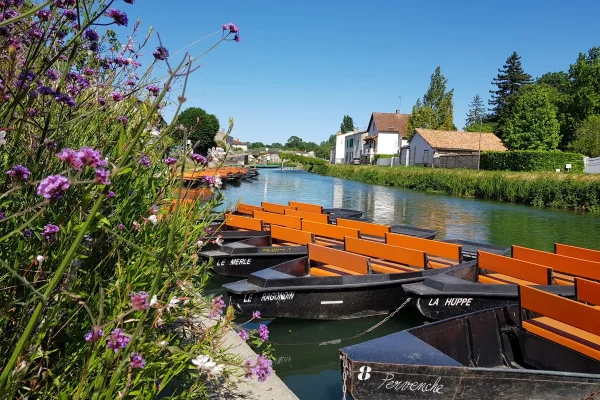
01
Coulon
Découvrez le parcours “Henry Limouzin”. Il s’étend sur 5 km de long entre les écluses du Marais Pin et de la Sotterie. Sur ce parcours vous y trouverez de nombreux poissons blancs et carnassiers. Il s’agit d’un parcours de graciation « no-kill » black-bass renommé.
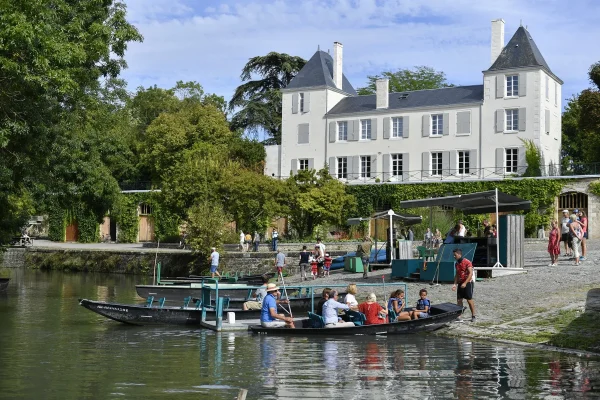
02
Arçais
Au départ du Grand Port d’Arçais, longez le chemin de halage pour taquiner les diverses espèces comme le brochet, la carpe ou la perche !
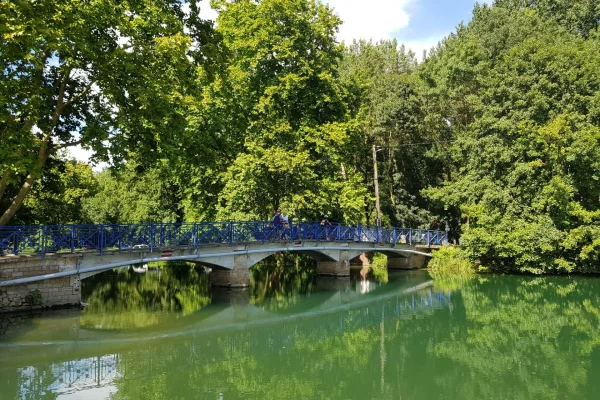
03
La Roussille
Au-delà d’être un spot de pêche poissonneux, La Roussille offre également un paysage verdoyant avec son écluse qui est l’une des plus importantes se trouvant entre Niort et Marans.
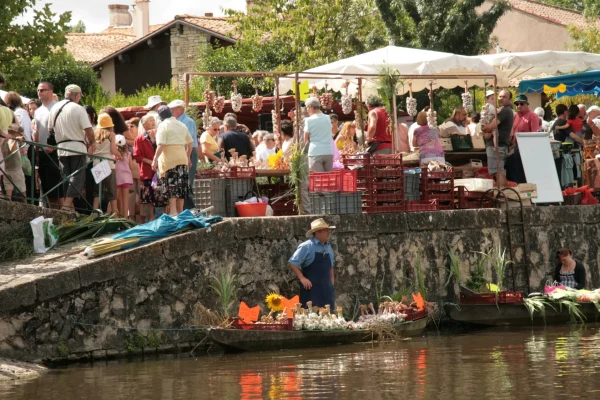
04
Au Vanneau
Parcours spécial pour les personnes à mobilité réduite
« La Grande Rigole » au Vanneau est une aire de pêche pour les personnes à mobilité réduite installée au bord de la rigole de la Garette avec parking, cheminement en béton désactivé, margelles pour bloquer les roues du fauteuil et table de pique-nique
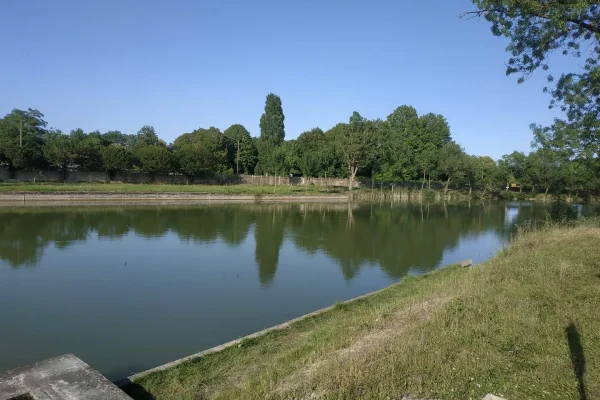
5
Lac Robert Bonnin à Niort
Un plan d’eau poissonneux d’environ 1 hectare où vous trouverez des carpes, tanches, brèmes, silures, gardons, brochets, écrevisses et de très gros amours blancs ! Ouvert de février à décembre, vous aurez besoin d’acheter une carte spécifique pour pêcher dans ce plan d’eau soit 27€ à l’année (12€ à partir du 1er septembre), 5€ la journée, sur place auprès du garde, ou dans les magasins Pacific Pêche et Natura Chasse & Pêche. Plan d’eau « privé » ne faisant pas partie du réseau de la Fédération de Pêche des Deux-Sèvres.
Se procurer une carte de pêche
et les conditions de navigation sur la Sèvre Niortaise
La possession d’une carte de pêche est obligatoire pour pêcher dans les eaux douces publiques ou privées. La carte de pêche permet de contribuer au financement des actions de protection de l’environnement aquatique, de l’aménagement des parcours de pêche et de la gestion piscicole. Elle permet également aux autorités de contrôler la pratique de la pêche et de veiller au respect des règles en vigueur.
Les cartes de pêche s’achètent désormais par Internet, soit depuis chez soi en se rendant sur le site www.cartedepeche.fr ou en se rendant chez un dépositaire dont vous pouvez consulter la liste ici ou en consultant la carte interactive en y ajoutant le filtre “Points de vente cartes de pêche” en cliquant ici. Les tarifs varient en fonction de la durée, du type de pêche et de l’âge du pêcheur.
De plus, si vous pêchez sur l’eau avec un bateau ou en float tube, il est nécessaire de se renseigner en amont sur les conditions conditions de navigation sur la Sèvre Niortaise.
Des hébergements labellisés “pêche”
Sachez que certains gîtes et chambres d’hôtes ont reçu une qualification “pêche” par les labels Clévacances et Gîtes de France. Ces logements doivent répondre à certains critères comme la proximité avec la Sèvre niortaise, offrir des services spécifiques aux pêcheurs…
